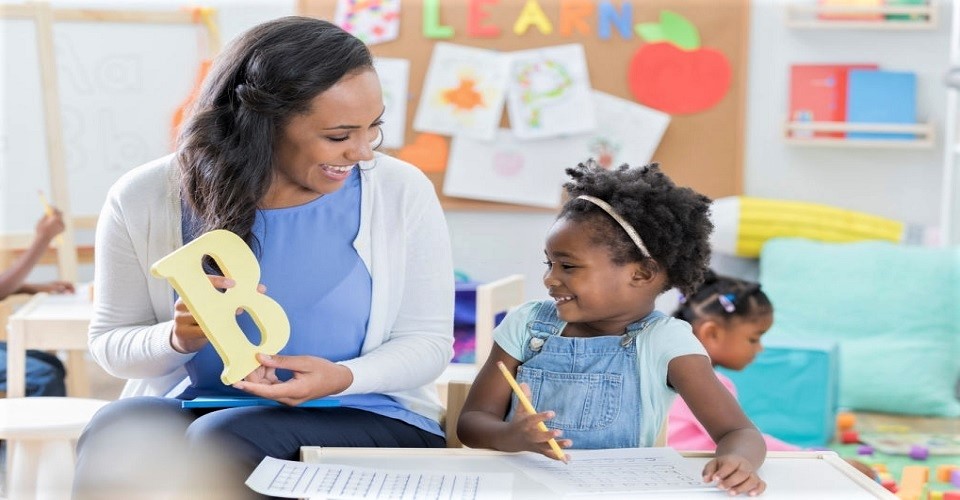Common Myths and Realities of Learning Disabilities That You Should Know
26th June 2020

Recently, researches have proved that a huge number of learners with learning disabilities drop out of high school and fail at least one class. This can look disheartening or frightening for the parents or maybe the child himself. Do you know that a vast part of this situation comes from half-truths, misunderstandings and misconceptions? YES, it is. It is time to throw light on some of these common myths which can help in giving better and clear thought about learning disabilities.
Before doing that, let’s quickly have a look at what exactly the term learning disability means -
Learning disability, learning disorder, or learning difficulty is a condition in the brain that causes difficulties in comprehending or processing information and can be caused by several different factors. In the United Kingdom, the term "learning disability" usually refers to an intellectual disability.
Let’s Check the Common Disbeliefs:
Myth 1: Common in children with poor intelligence or aptitude level.
It is not correct. The learning disabilities can only be identified in children with an average or above-average level of intelligence. Children with learning disabilities frequently have a high IQ level. However, the learning disabilities are holding these learners back from representing their true aptitude in everyday feats.
Myth 2: Can be easily recognized at a young age.
Absolutely not a true thought. In reality, there is no fast or simple approach to diagnose a child with a learning disability. Sometimes, even the most refined technologies and studies cannot envisage or recognize the existence of a learning disability. Most of the time, the learning disabilities go unrecognized for a lot of years and when reading tests are required in schools, then only it is being identified. Recognizing and diagnosing a learning disability take time; it is a development that involves different information from a variety of different and expert sources along with experiences.
Myth 3: Children with a learning disability are just sluggish or unenthusiastic.
Well, this one applies to children with ADHD, as well. The fact is it is not a personality error, and learners who struggle with a learning disability are frequently trying really hard or sometimes even harder than their peers. It’s significant that parents and teachers put forward to support and appreciative nature otherwise children with learning disabilities can build up low confidence or set low anticipations for themselves in the future.
Myth 4: Learning disability gets better with the age.
No, it’s not. Till now people think that learning disabilities are something that will become lighter with time and age. The disorder is forever, however, several individuals get able to manage and balance their disability with time. Because the more a child learns about his/her disability the more equipped he/she is to handle it. This does not specify that a child with a learning disability cannot achieve accomplishment.
Myth 5: Learning disabilities have an effect on more boys than girls.
Well, this one is quite complicated. Although boys are diagnosed more with learning disabilities, the experts consider that they essentially have an effect on both the genders at the same rate. Therefore, it needs closer examination along with more practical intervention.
Myth 6: Learning disability seems mysterious.
This is because most of the learners with a learning disability perform just like the other students. Sometimes, it seems incomprehensible that they have trouble with basic daily jobs like understanding what they are reading and writing. For students with a learning disability, the improved teaching endeavour is being required.
Many successful individuals have a learning disability like Whoopi Goldberg, Jennifer Aniston, and Steven Spielberg who have proved that learning disability can’t be a barrier in success. Learning disabilities are just an added challenge to the teachers and a child's instructive and academic life. With the right teaching techniques included in learning disability courses online, proper organization, along with a sense of awareness can make this a simple challenge for the special education teachers.

